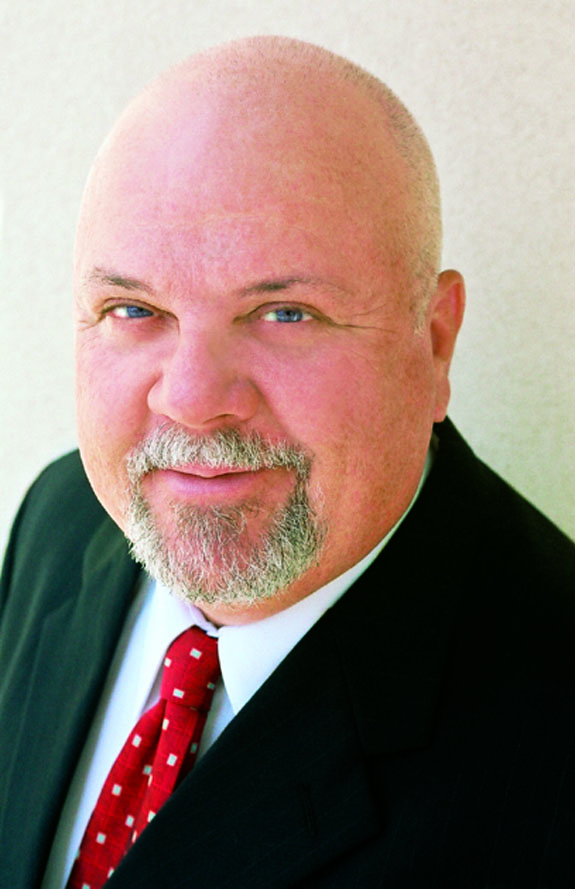 I recently attended a meeting where a diverse group of credit union officials were talking with a policymaker. The topic of associational fields of membership came up. During that discussion, and in obvious competitive frustration, the CEO of a smaller credit union said, “If these large credit unions want to abuse the FOM system and accept everyone for membership, there is a business model for them and it is called a mutual savings bank. Let them serve everybody, but tax them.”
I recently attended a meeting where a diverse group of credit union officials were talking with a policymaker. The topic of associational fields of membership came up. During that discussion, and in obvious competitive frustration, the CEO of a smaller credit union said, “If these large credit unions want to abuse the FOM system and accept everyone for membership, there is a business model for them and it is called a mutual savings bank. Let them serve everybody, but tax them.”
Perhaps the comment was genuine, but it sounded like it had been lifted directly from the bank trade association's propaganda playbook and was certainly uttered at the wrong time and in the wrong place. However, I did not want to write this essay to scold the CEO for his misguided outburst, but to question the very basis of his premise concerning FOMs and unfair competition from large credit unions.
If he feels that large credit unions are such an unfair competitive threat, what does he think about Bank of America, JPMorgan Chase, Wells Fargo and the scores of other mega-banks and large regional banks that compete with him every day? Those banks are right in his community and are substantially larger than the largest credit unions at which he points his finger.
On top of that, the financial services marketplace is full of so many nonbanks and new disruptions like the Apple Pay payments platform it won't matter who your financial institution is or where they are located. That fact should have the small credit union CEO shaking in his boots in fright. The marketplace can be merciless and there are no guarantees. I'm certainly empathetic to his struggle; our credit union has more than $1 billion in assets and we have to hustle every day to match the competition.
Let's get real about FOMs. The vast majority of businesses, even membership organizations like COSTCO and REI, don't severely limit who their customers can be. Credit union FOMs lost their relevance long ago and today's potential member could care less about them.
If anything, FOMs are an impediment to a consumer selecting the financial service provider of his or her choice. And while on the topic of choice, each credit union's leaders should be able to choose their institution's mission and scope, too. A credit union might choose to stay narrowly focused on one employee group. Or it could choose to serve one community or several communities. Or it might choose to reach out to as many potential members from all walks of life that the credit union could prudently and sustainably serve, regardless of where the members live. Rather than an exclusive approach, that's an inclusive approach more in tune with contemporary times and culture.
Also a credit union's FOM has nothing to do with its tax exempt status. It is based on the credit union's not-for-profit corporate structure, organized without capital stock and operating for mutual purposes. This rationale for the tax-exempt status has been ratified often over the years by lawmakers. The credit union tax treatment isn't about who we serve, but about how we serve them. Whether the tax exemption endures is a conversation that will be held periodically regardless of whether or not credit unions have or don't have restrictive FOMs or wide-open FOMs. Or not FOMs at all.
To my mind, the latter is the best choice.
Charles A. Bruen is president/CEO of the $1.1 billion First Entertainment Credit Union in Hollywood, Calif. He can be reached at [email protected] or 323-845-4445.
© 2025 ALM Global, LLC, All Rights Reserved. Request academic re-use from www.copyright.com. All other uses, submit a request to [email protected]. For more information visit Asset & Logo Licensing.







